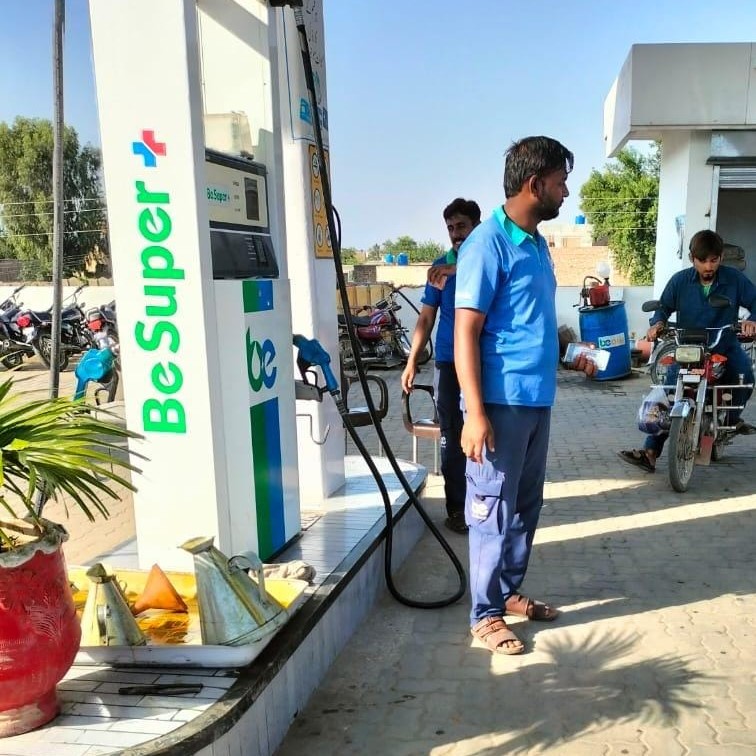Sixteen-year-old Muhammad Farooq is a Tari Khel village resident in the Mianwali suburbs. He could not continue his studies after matriculation and started working at a bakery in the city. Here, he used to get 20 thousand rupees per month. His village is twelve kilometres away from the bakery. Thus, a hundred rupees were spent on daily commuting.
Farooq says that a month ago, he saw an advertisement in the market stating that the government has set a minimum wage of Rs 32,000 per month. The phone number of the Assistant Director of Labor Welfare Mianwali's office was also written on the advertisement.
He says he immediately called the Labor Department office and lodged a complaint about his low wages. No action was taken against the bakery owner on this complaint, but he was fired the next day.
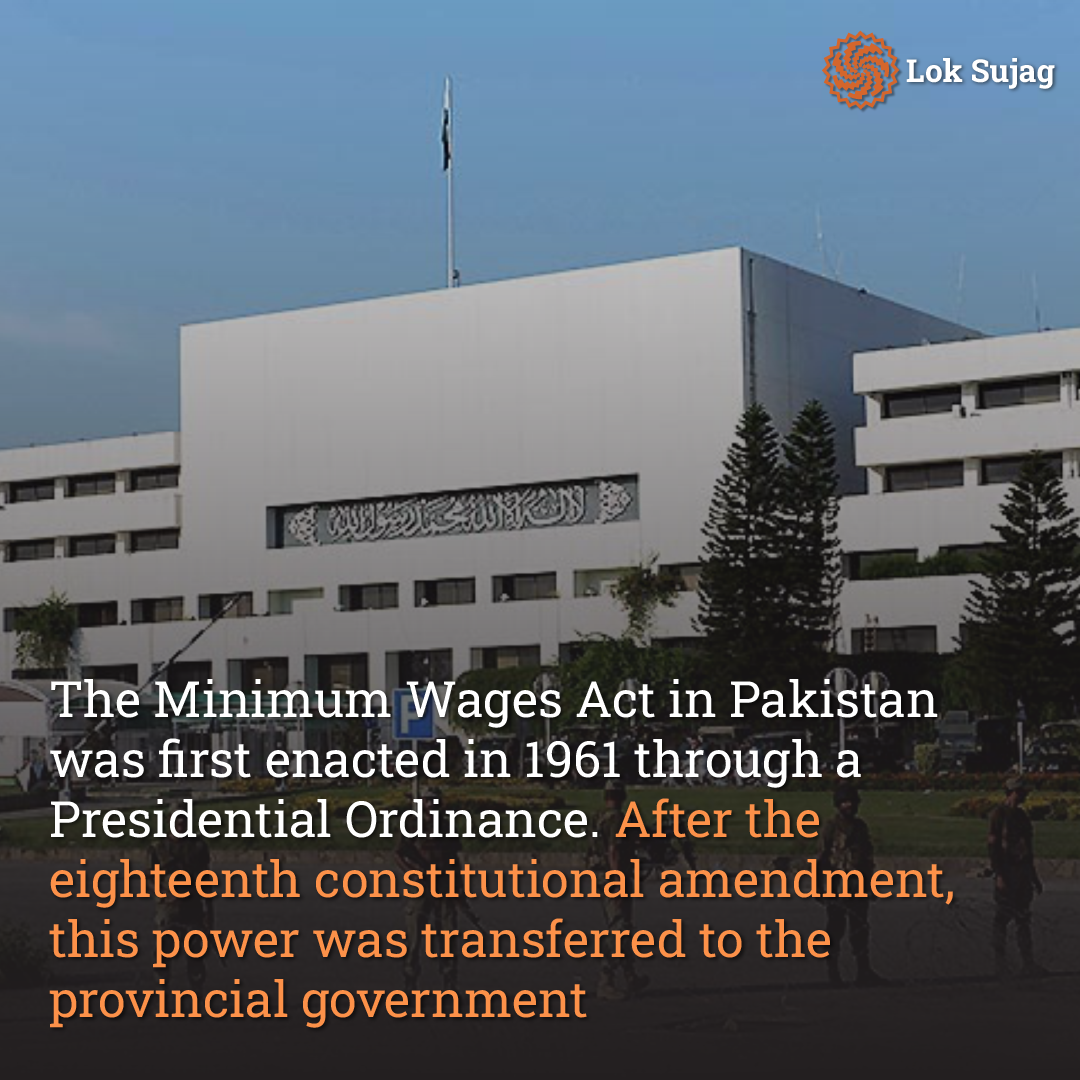
Thirty-year-old Abdul Latif Khan lives in Mianwali city and works at a petrol pump. He does duty 12 hours a day but gets only 16 thousand rupees monthly. Living on that salary with two kids and a wife is not easy.
He says that one day, he saw an advertisement on TV for a minimum wage of Rs 32,000, which said that action would be taken against the owner for non-payment. After that, he reached the office of the Labor Department to get information.
"Going there, I realized that since I don't have a contract letter of employment, I will not benefit from this law."
The Minimum Wages Act in Pakistan was first enacted in 1961 through a Presidential Ordinance. Under this, the government obliged the factory owners to pay fixed wages. The eighteenth constitutional amendment in 2010 transferred this authority to the provincial government.
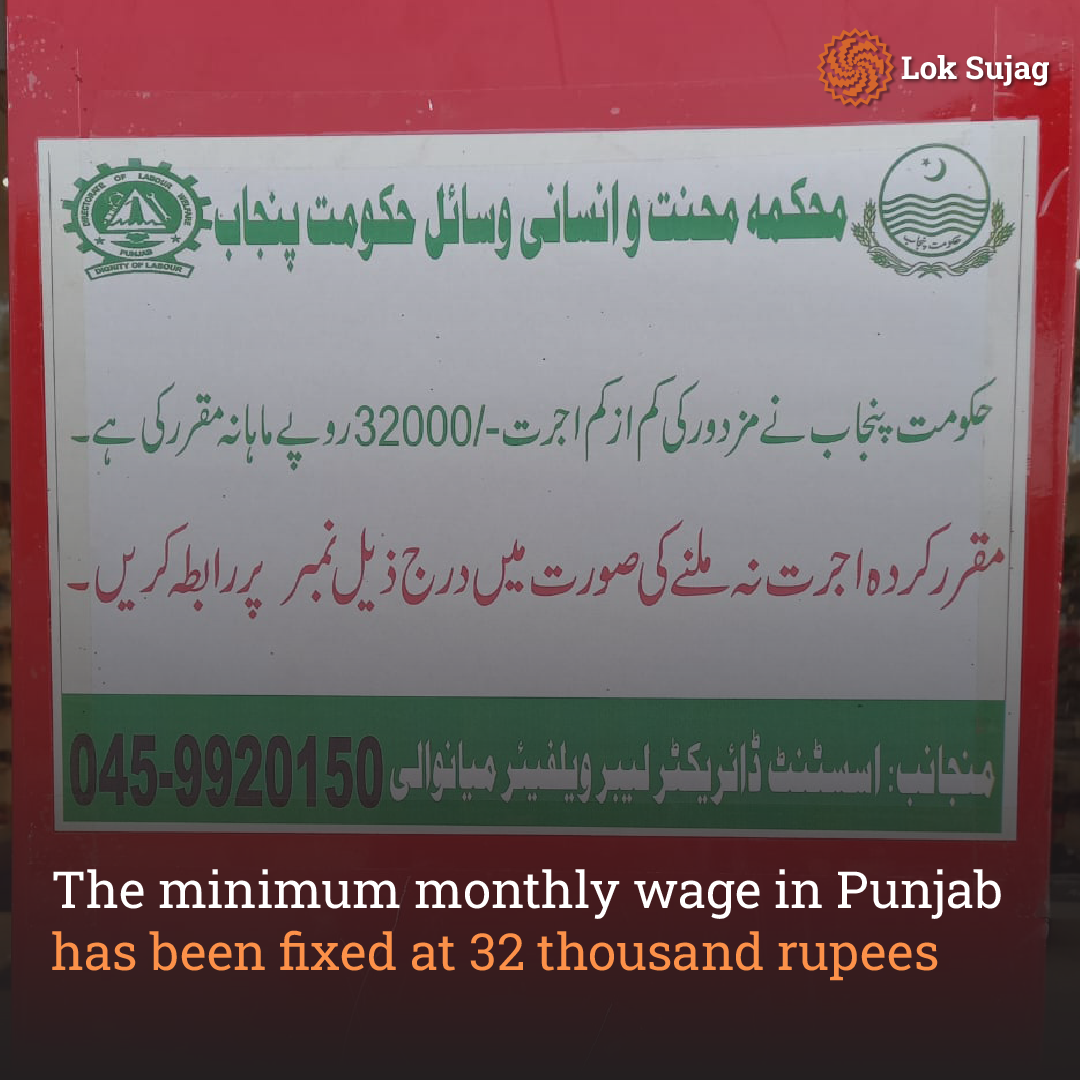
Thus, the Punjab Assembly approved the new wage law in 2019. This law was applied to commercial establishments, shops, offices and factories. The authority to fix 'minimum wages' is given to a board appointed by the government in which representatives of employers and workers have also been included.
Under the 'Punjab Minimum Wages Act 2019', a fine of up to Rs 20,000 has been proposed for non-payment of 'Government declared minimum wage/salary' to commercial establishments apart from factories or industrial establishments. For committing this crime for the second time, imprisonment from seven days to six months and a fine of up to 50,000 rupees can be imposed.
Despite this, many industrial establishments of Punjab (generally those with the contracting system), offices, and especially commercial establishments (in the formal sector) are not following this law. Here the employees working in shops, bakeries, hotels, petrol pumps, etc., are not paid 'government fixed wages' anywhere.
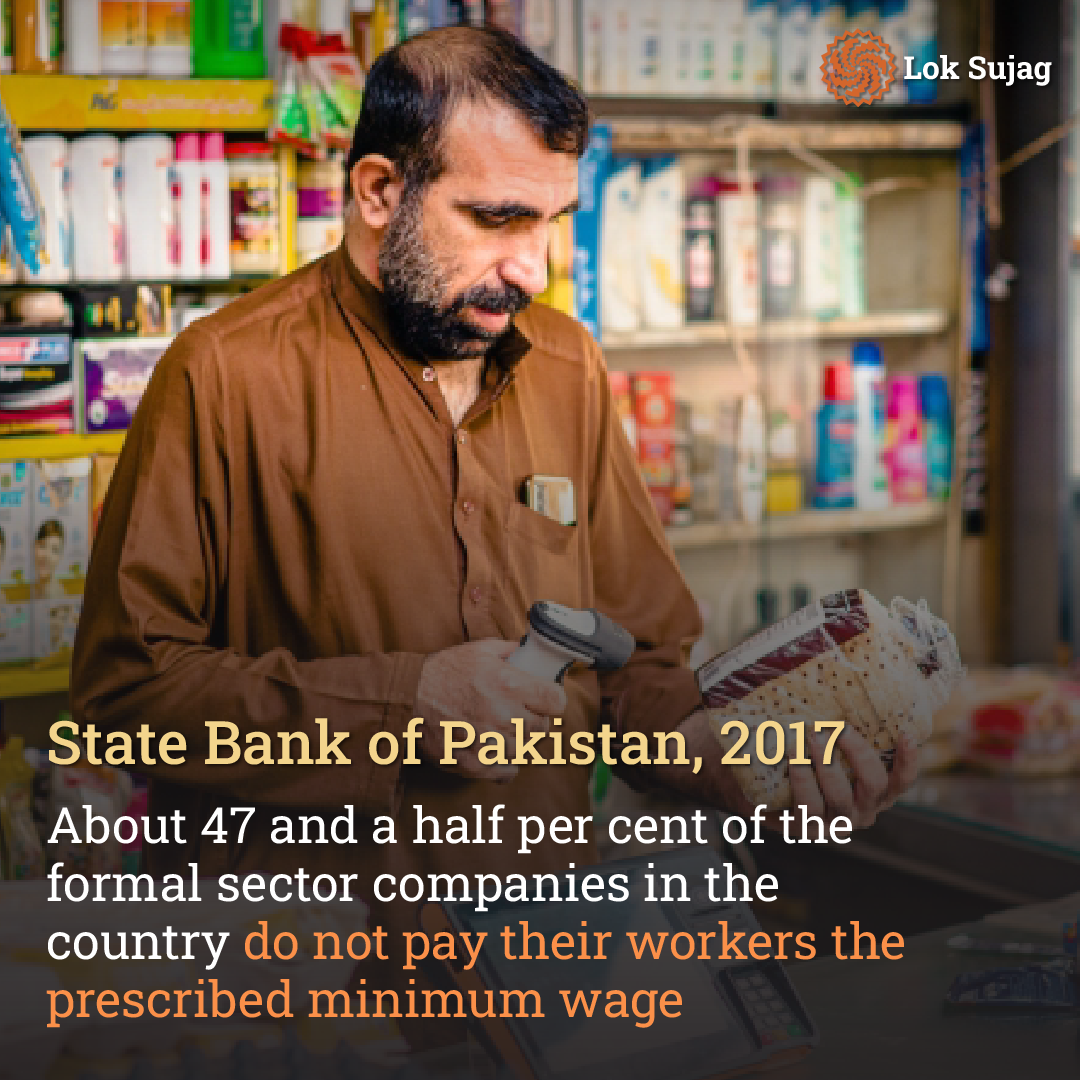
Deputy Director of Social Welfare Samiullah Khan explains that under the law, a worker will work eight hours a day and be entitled to four monthly holidays. In case of more than eight hours of duty, the worker will be additionally paid.
The State Bank of Pakistan, in its report in 2017, stated that about 47 and a half per cent of the companies in the formal sector (commercial establishments) of the country do not pay a fixed minimum salary to the workers.
The World Bank said in its report last year that 83 per cent of Pakistani families' daily income is less than two US dollars (about 16,500 rupees per month).
The non-governmental organization PILAR (Pakistan Institute of Labor Education and Research) said six months ago that the country is facing a storm of inflation and more than 35 per cent inflation. However, 80 per cent of unskilled workers are not paid even the minimum wage.
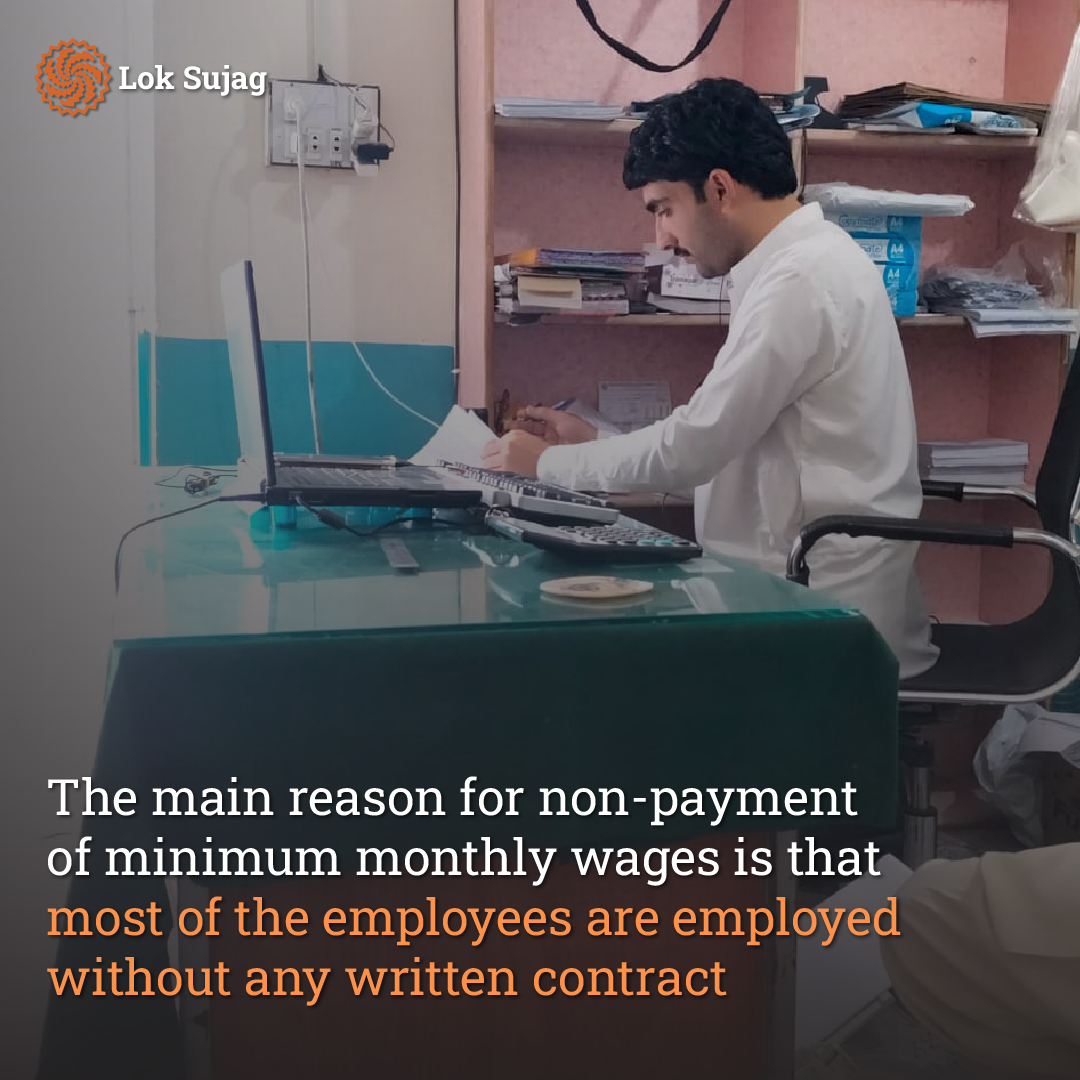
Assistant Director of Labor Welfare Muhammad Khalid Khan admits that workers in commercial establishments are not getting salaries as per law. The main reason is that almost all employees are employed without a written contract.
He told Lok Sujag, "When we call the shop or commercial unit owner on a complaint, they refuse to accept the complainant as their employee. In this way, they cannot be justified and also lose their jobs."
President of Mazdoor Union Amir Nawaz Khan Niazi says there are two cement factories and one fertilizer manufacturing factory in Mianwali, and the minimum wage law is being followed in these three. Apart from the union, the government also monitors this issue.
Also Read
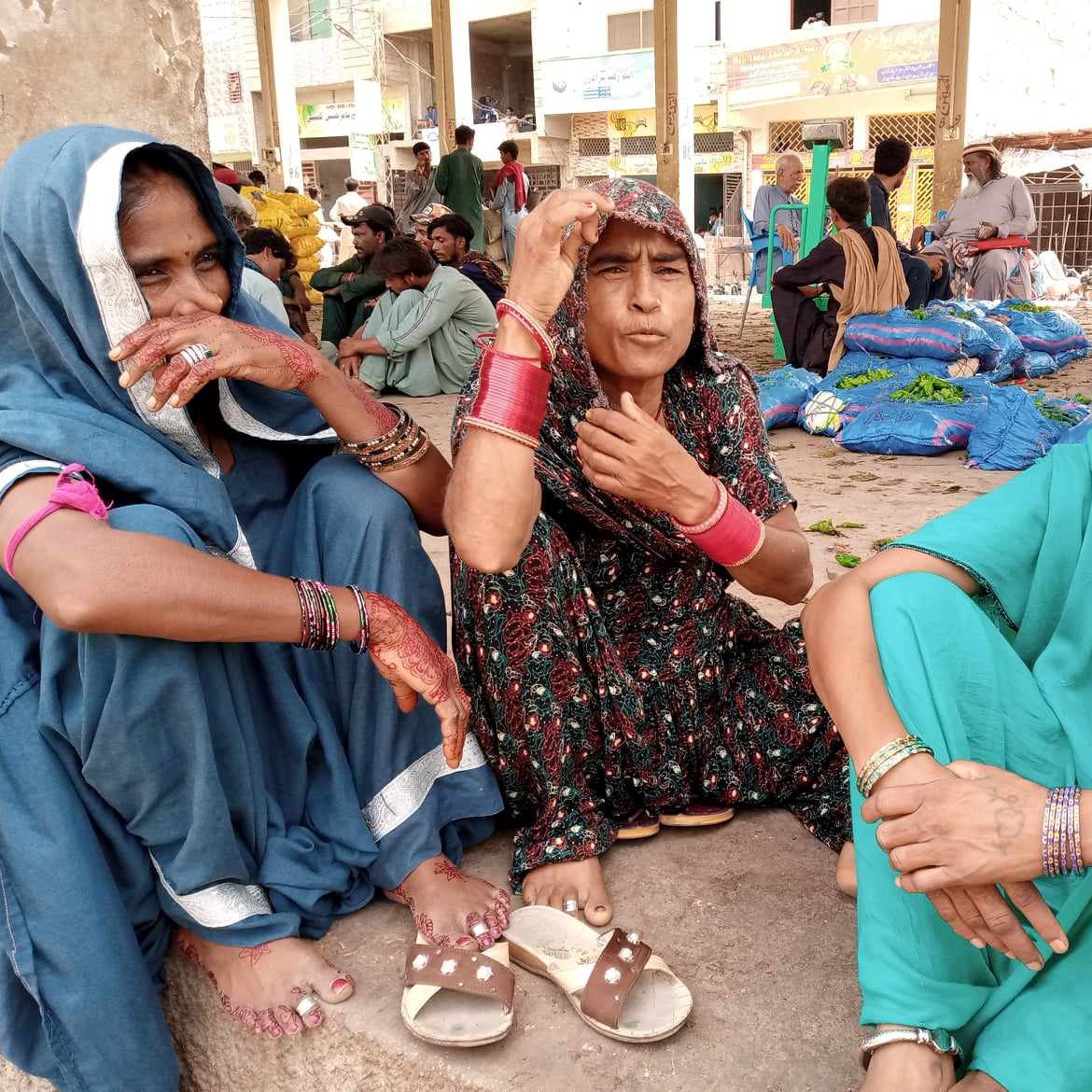
Struggles of women labourers in Hyderabad’s vegetable market: Seeking recognition and fair wages
The Assistant Director of Labor confirms that there has been no wage complaint from any industrial unit here in three years. However, he says that government-fixed wages are rarely paid in commercial establishments.
Secretary District Bar Association Mianwali Khan Niazi believes that if the government obliges the formal sector, every organization or owner should give a written contract to their employees; only then the minimum wage law will be implemented in commercial institutions. Otherwise, the workers cannot get justice.
Ali Khan, an entrepreneur from Mianwali, believes that the government standard for determining the minimum wage is not right and small businesses can't even pay that much. Therefore, there should be a difference in the salaries of skilled and unskilled workers. Similarly, while determining the minimum wage, the nature of business should be kept in line with the difference between small and big cities.
Published on 31 Oct 2023
